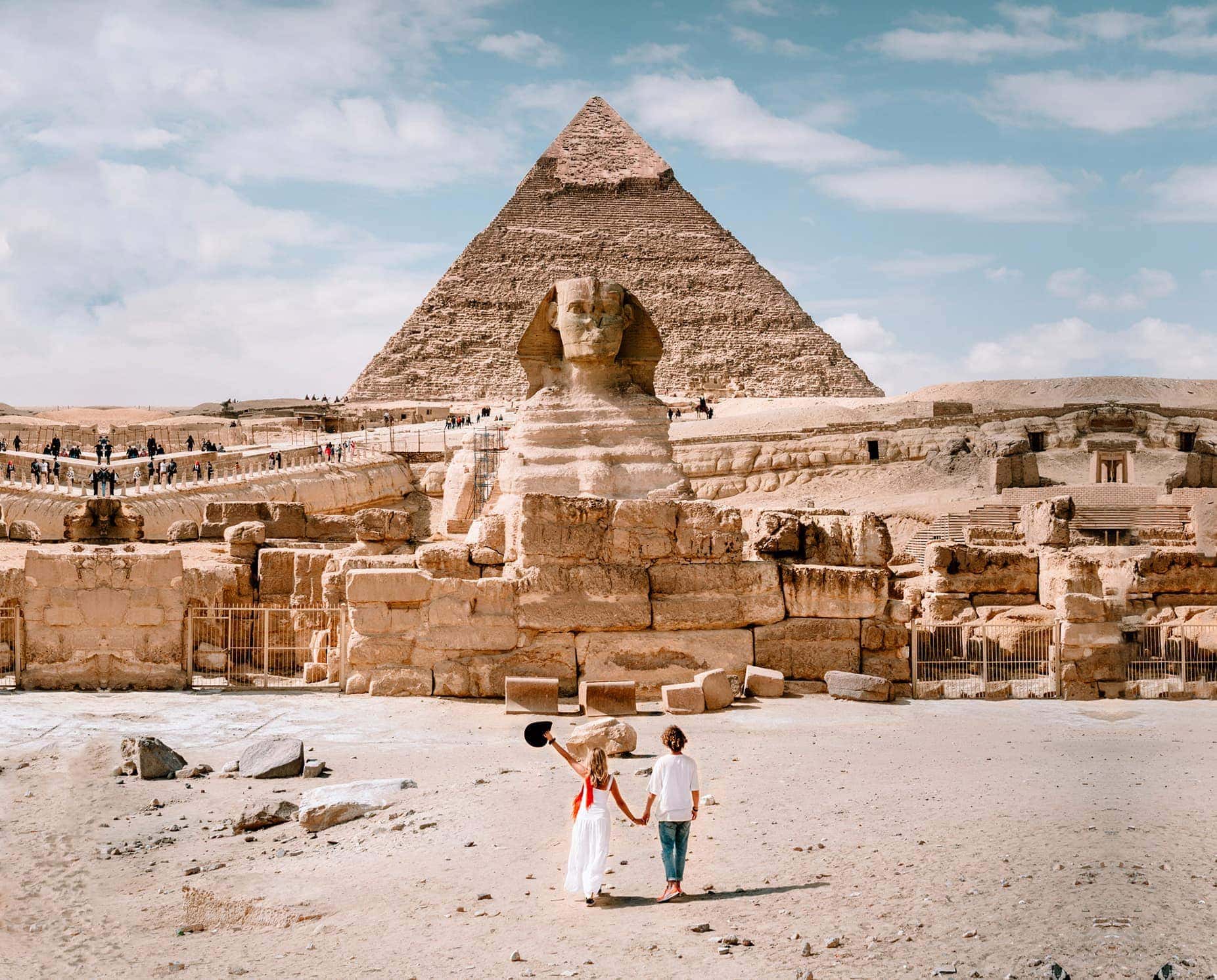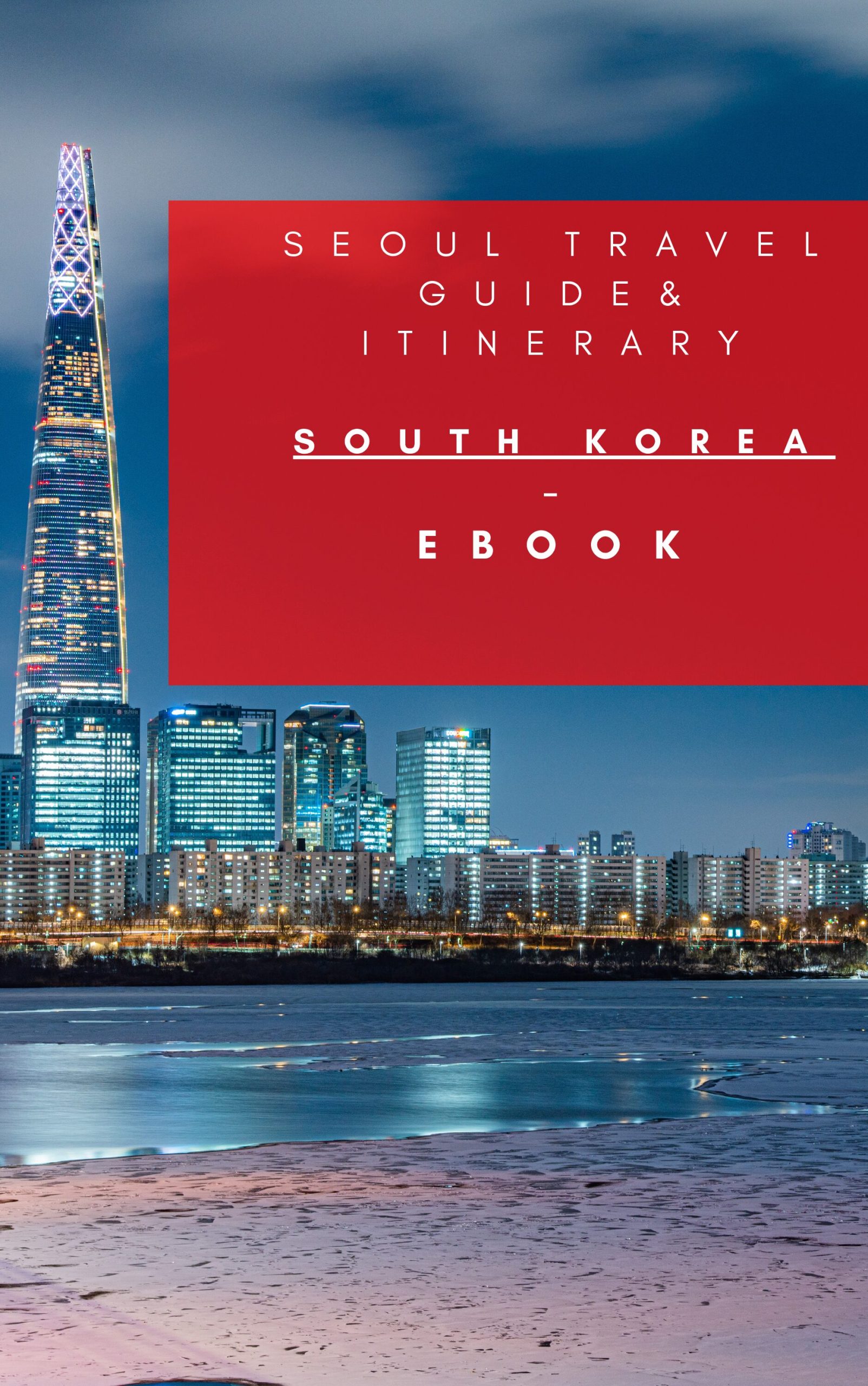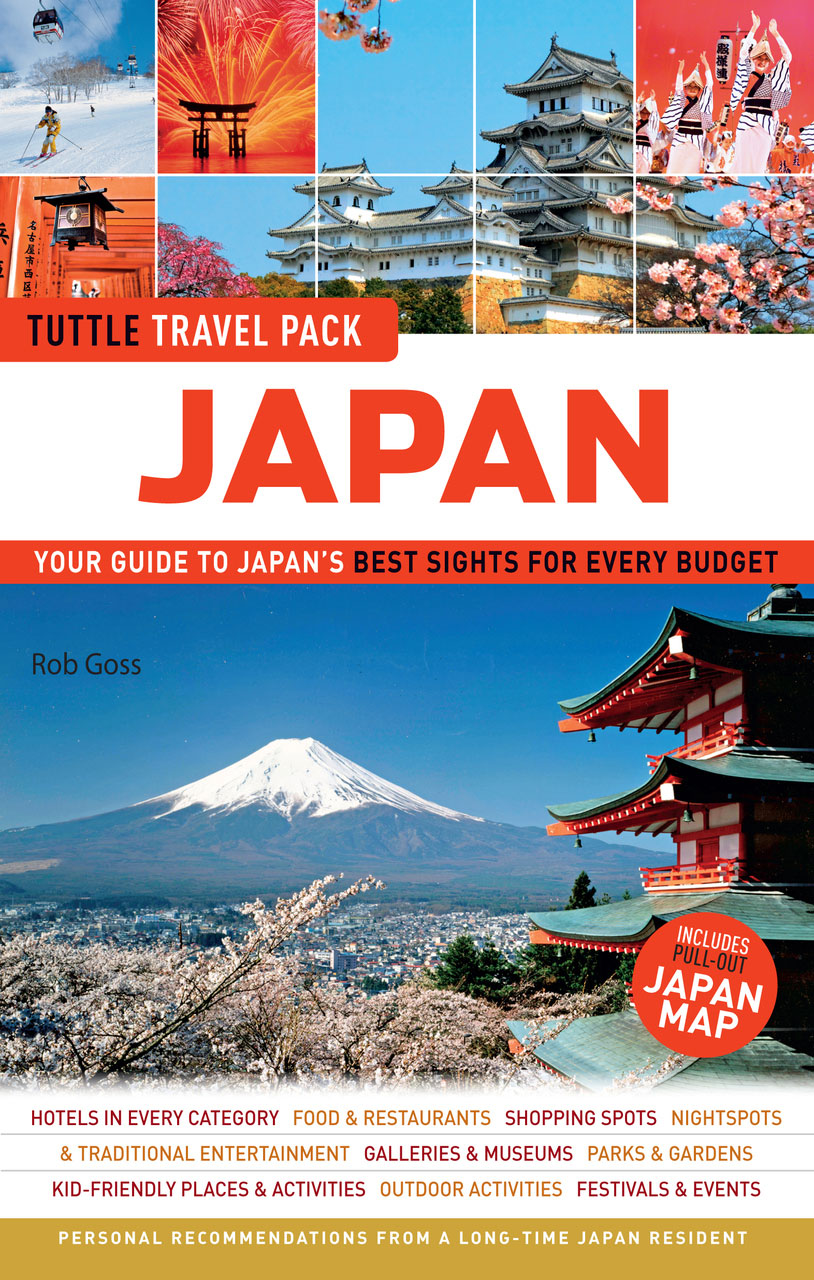
Egypt, a land steeped in millennia of history and adorned with awe-inspiring wonders, beckons travelers with an irresistible allure. From the colossal pyramids that pierce the desert sky to the vibrant lifeblood of the Nile River, this ancient civilization offers a profound and multifaceted travel experience. Whether you’re a history buff yearning to walk in the footsteps of pharaohs, an adventurer seeking the thrill of desert exploration, or a culture enthusiast eager to immerse yourself in local traditions, Egypt promises a journey that will linger in your memory long after you depart.
This comprehensive travel guide will equip you with everything you need to plan an unforgettable Egyptian adventure, from understanding its rich past to navigating its present-day marvels.
A Tapestry Woven with Millennia: A Glimpse into Egypt’s History
Related Articles about Egypt: A Journey Through Time, Wonder, and Unforgettable Experiences:
- Thailand: A Traveler’s Odyssey Through the Land of Smiles
- India: A Tapestry of Time, Taste, and Wonder – Your Comprehensive Travel Guide
- A Journey Through Time and Taste: Your Ultimate Guide to Italy
- Unveiling the Majesty: A Guide to the Best Tourist Attractions in the United Kingdom
- Echoes of Olympus: Unveiling the Best Tourist Attractions in Greece
To truly appreciate Egypt, one must first understand its extraordinary history. For over 3,000 years, ancient Egypt flourished as one of the world’s most influential civilizations, leaving behind an indelible legacy in art, architecture, religion, and governance.
The Old Kingdom (c. 2686-2181 BCE) witnessed the construction of the iconic pyramids at Giza, a testament to the ingenuity and power of the pharaohs. The Middle Kingdom (c. 2055-1650 BCE) saw a period of reunification and expansion, with significant advancements in literature and art. The New Kingdom (c. 1550-1070 BCE) marked Egypt’s golden age, a time of powerful pharaohs like Hatshepsut, Akhenaten, Tutankhamun, and Ramesses the Great, who commissioned magnificent temples like Karnak and Luxor, and entombed themselves in the Valley of the Kings.
Following the decline of the New Kingdom, Egypt was ruled by various foreign powers, including the Persians, Greeks (under Alexander the Great and the Ptolemaic dynasty, including Cleopatra VII), and Romans. This period brought new influences and further shaped Egypt’s cultural landscape. The arrival of Islam in the 7th century CE ushered in a new era, with Cairo becoming a center of Islamic learning and art. Subsequent centuries saw the rule of the Fatimids, Ayyubids (under Saladin), Mamluks, and finally, the Ottoman Empire.
The 19th century brought a resurgence of European interest in Egypt, leading to the construction of the Suez Canal and increased foreign influence. The British protectorate (1914-1922) eventually gave way to independence in 1922, though British influence remained significant for some time. The 1952 revolution led by Gamal Abdel Nasser brought about a republic and a new era of Egyptian nationalism. Today, Egypt continues to navigate its modern identity while proudly preserving its ancient heritage.
Unveiling the Wonders: Main Attractions of Egypt
Egypt’s attractions are as vast and varied as its history, offering something to captivate every traveler.
1. The Pyramids of Giza and the Sphinx: No trip to Egypt is complete without witnessing these colossal ancient wonders. The Great Pyramid of Giza, the only remaining wonder of the ancient world, is an architectural marvel. Stand in awe of its sheer scale, imagine the labor involved in its construction, and pose for that quintessential photo with the enigmatic Sphinx.
2. The Egyptian Museum, Cairo: Home to an unparalleled collection of ancient Egyptian artifacts, this museum is a treasure trove. The highlight for many is the dazzling collection of funerary objects from the tomb of Tutankhamun, including his iconic golden mask.
3. Luxor: Often referred to as the "world’s greatest open-air museum," Luxor is a city brimming with ancient marvels.
- Karnak Temple Complex: A sprawling city of temples, pylons, and obelisks dedicated to the Theban triad. Its sheer scale is breathtaking.
- Luxor Temple: Beautifully illuminated at night, this temple is dedicated to the rejuvenation of kingship.
- Valley of the Kings: The burial ground of pharaohs and nobles of the New Kingdom. Descend into elaborately decorated tombs, each with its unique story.
- Valley of the Queens: The resting place of queens and royal children, including the tomb of Nefertari.
- Hatshepsut’s Temple: A stunning mortuary temple carved into the cliffs, showcasing remarkable architecture.
4. A Nile River Cruise: Embarking on a Nile cruise is a quintessential Egyptian experience. Glide along the lifeblood of Egypt, stopping at ancient sites like Edfu and Kom Ombo, and witnessing daily life unfold along the riverbanks. It’s a relaxing and immersive way to see the country.
5. Aswan: A charming city in Upper Egypt, known for its tranquil atmosphere and stunning natural beauty.
- Philae Temple: A beautiful temple complex dedicated to the goddess Isis, relocated to Agilkia Island to save it from flooding.
- Abu Simbel: Two massive rock-cut temples built by Ramesses II, famously relocated in their entirety to save them from the Aswan High Dam’s reservoir. The journey here is an adventure in itself.
- The High Dam: An engineering marvel that controls the Nile’s floods and provides hydroelectric power.
6. Cairo’s Islamic Heritage: Beyond the pharaonic wonders, Cairo boasts a rich Islamic history.
- Khan el-Khalili Bazaar: A vibrant and chaotic marketplace where you can haggle for souvenirs, spices, and traditional crafts.
- Al-Azhar Mosque: One of the oldest and most prestigious mosques in the world, a renowned center of Islamic learning.
- Citadel of Saladin: A medieval Islamic-era fortification offering panoramic views of Cairo and housing several mosques.
7. Red Sea Resorts (Sharm El Sheikh, Hurghada): For those seeking relaxation and adventure, the Red Sea coast offers pristine beaches, world-class diving and snorkeling opportunities, and vibrant coral reefs.
Planning Your Egyptian Adventure: Essential Travel Tips
- Visas: Most nationalities require a visa to enter Egypt. This can often be obtained on arrival at the airport or applied for in advance online (e-visa). Check the latest requirements for your nationality.
- Currency: The Egyptian Pound (EGP) is the official currency. ATMs are widely available in major cities and tourist areas. Credit cards are accepted in hotels, larger shops, and restaurants, but cash is essential for smaller purchases and markets.
- Language: Arabic is the official language. English is widely spoken in tourist areas, hotels, and by guides. Learning a few basic Arabic phrases will be appreciated.
- Dress Code: Egypt is a Muslim-majority country. While tourist areas are more relaxed, it’s respectful to dress modestly, especially when visiting religious sites. This generally means covering shoulders and knees. Women may find it comfortable to carry a light scarf for head covering when entering mosques.
- Bargaining: Bargaining is an integral part of shopping in markets and with taxi drivers. Approach it with a smile and good humor.
- Tipping (Baksheesh): Tipping is customary for many services, from hotel staff and drivers to restroom attendants. Small amounts (e.g., 5-10 EGP) are appreciated.
- Hydration: The Egyptian climate can be very hot, especially during summer. Drink plenty of bottled water to stay hydrated.
- Sun Protection: Sunscreen, a wide-brimmed hat, and sunglasses are essential.
- Photography: Be mindful of photography rules at historical sites. Always ask permission before taking photos of people.
- Scams: Be aware of common tourist scams and stay vigilant. Trust your instincts and don’t be afraid to say "no" firmly.
- Respect Local Customs: Be mindful of local customs and traditions, particularly during religious periods like Ramadan.
The Best Time to Visit Egypt
The best time to visit Egypt is during the cooler months, from October to April.
- October to April: This period offers pleasant temperatures, ideal for sightseeing and exploring ancient sites. The days are sunny but not overwhelmingly hot, and evenings can be cool. This is the peak tourist season.
- May to September: These months are very hot, especially in Upper Egypt (Luxor and Aswan). While still manageable with precautions, outdoor activities can be challenging during the midday sun. The Red Sea resorts are popular year-round, but the water is warmest in these months.
Where to Rest Your Head: Nearby Hotels
Egypt offers a wide range of accommodation options to suit every budget and preference, from luxurious five-star hotels to charming boutique guesthouses and budget-friendly hostels.
Cairo:
- Luxury: Four Seasons Hotel Cairo at Nile Plaza, The Nile Ritz-Carlton, Cairo, Marriott Mena House, Cairo (iconic hotel with Pyramid views).
- Mid-Range: Steigenberger El Tahrir Cairo, Sofitel Cairo Nile El Gezirah, Ramses Hilton.
- Budget: Numerous hostels and guesthouses in the Downtown and Zamalek areas.
Luxor:
- Luxury: Sofitel Winter Palace Luxor (historic and elegant), Hilton Luxor Resort & Spa.
- Mid-Range: Iberotel Luxor, Steigenberger Nile Palace.
- Budget: Many Nile-side hotels and guesthouses offer affordable options.
Aswan:
- Luxury: Sofitel Legend Old Cataract Aswan (legendary and historic), Mövenpick Resort Aswan.
- Mid-Range: Pyramisa Island Hotel Aswan, Nubian House (unique Nubian-style accommodation).
- Budget: Guesthouses on Elephantine Island offer a charming and affordable stay.
Red Sea Resorts (Sharm El Sheikh, Hurghada): These areas are dominated by large all-inclusive resorts catering to various budgets.
A Taste of the Nile: Local Food
Egyptian cuisine is a delicious blend of Mediterranean, Middle Eastern, and North African influences, characterized by fresh ingredients and flavorful spices.
- Koshary: The national dish, a hearty and inexpensive vegetarian combination of rice, macaroni, lentils, chickpeas, fried onions, and a spicy tomato sauce.
- Ful Medames: Slow-cooked fava beans seasoned with cumin, olive oil, lemon juice, and often served with bread. A popular breakfast staple.
- Ta’ameya (Egyptian Falafel): Made from fava beans instead of chickpeas, these are crispy on the outside and soft on the inside.
- Molokhia: A leafy green soup, often made with rabbit or chicken broth, served with rice.
- Mahshi: Stuffed vegetables, such as zucchini, eggplant, peppers, and vine leaves, filled with a mixture of rice, herbs, and spices.
- Shawarma: Thinly sliced marinated meat (chicken or beef) cooked on a vertical rotisserie, served in bread with tahini and vegetables.
- Feteer Meshaltet: A flaky, multi-layered pastry that can be sweet or savory.
- Desserts: Om Ali (bread pudding), Basbousa (semolina cake), and Kunafa (shredded phyllo pastry with cheese and syrup) are popular sweet treats.
- Drinks: Freshly squeezed juices (mango, guava, sugarcane), Karkade (hibiscus tea), and traditional mint tea are widely available.
Navigating the Land of the Pharaohs: Transportation Options
Egypt offers a variety of transportation options to get around the country.
- Air Travel: EgyptAir is the national airline and operates domestic flights between major cities like Cairo, Luxor, Aswan, and Sharm El Sheikh. This is the fastest way to cover long distances.
- Trains: The Egyptian National Railways operate a network connecting major cities. The sleeper train between Cairo and Aswan is a popular option for overnight travel, offering a more comfortable and scenic experience than flying.
- Buses: Comfortable and air-conditioned buses connect most cities and towns. Companies like Go Bus and Blue Bus are reliable.
- Nile Cruises: As mentioned, a Nile cruise is a fantastic way to travel between Luxor and Aswan, combining sightseeing with comfortable accommodation.
- Taxis and Ride-Sharing: Taxis are readily available in cities. Always agree on the fare before starting your journey or ensure the meter is used. Ride-sharing apps like Uber and Careem are also popular and can be a more transparent option.
- Felucca: Traditional wooden sailboats on the Nile, offering a serene and picturesque way to experience the river, especially in Aswan.
- Microbuses: Shared minibuses that operate on fixed routes within cities and between nearby towns. They are very cheap but can be crowded and less comfortable.
- Car Rental: Renting a car is possible, but driving in Egypt can be chaotic, especially in major cities. It’s generally recommended for experienced drivers only. Hiring a private driver with a car is often a more practical and less stressful option for exploring specific areas.
Egypt is a destination that truly ignites the imagination. By understanding its rich history, planning strategically, and embracing its vibrant culture, you will embark on a journey that transcends mere tourism, offering a profound connection to a civilization that has shaped the world. Prepare to be amazed, inspired, and utterly captivated by the magic of Egypt.








